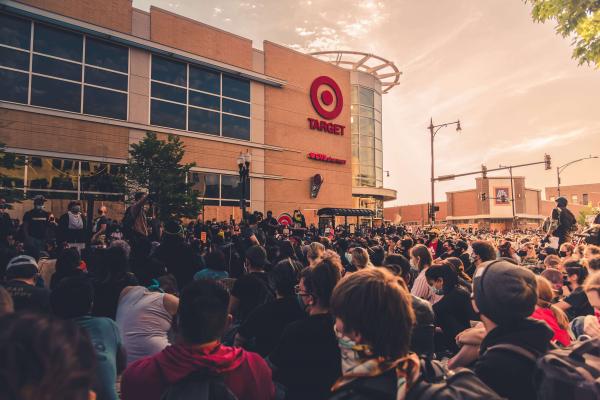Feb 24, 2025
Even while wrestling with lament, I’ve wanted to move toward contributing to addressing injustice to counter the pervasive injustice that occupies so much of our news. But I’ve just not known how. I’ve felt that nothing in my sphere of direct influence is grand enough to move any kind of needle.
But being a faithful follower of Christ is, in fact, less about giving a virtuoso solo performance and more often playing a small part in a great work we cannot fully comprehend.
Read the Full Article

Already a subscriber? Login
